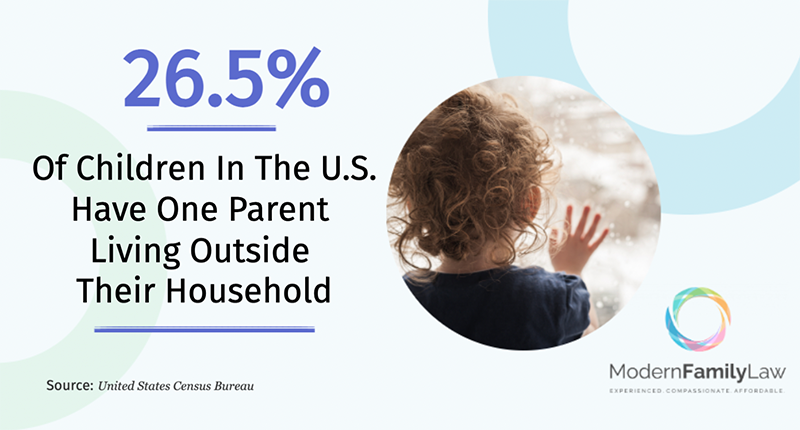Prioritize The Children’s Needs
When co-parenting, your children’s needs should always be the top priority. Consistency and stability are crucial for their well-being. Here are some tips to help you prioritize your children’s needs:
1. Develop A Co-Parenting Schedule: Create a detailed co-parenting schedule that outlines the time and responsibilities of each parent. Ensure that it provides a sense of structure and routine for the children, allowing them to anticipate and adjust to transitions between households.
2. Stick To The Agreed Upon Schedule: Consistency is key in co-parenting. Strive to adhere to the agreed-upon schedule as much as possible to provide stability in your children’s lives. Any necessary adjustments should be communicated and agreed upon in advance.
3. Communicate Openly: Maintain open and respectful communication with your co-parent regarding any changes or challenges related to the co-parenting schedule. Regularly update each other on any important information about the children’s activities, school events, or health-related matters.
4. Support The Children’s Relationship With The Other Parent: Encourage and facilitate regular and meaningful interactions between the children and their co-parent to strengthen their bond and sense of connection.
5. Show Flexibility & Respect: Demonstrate flexibility when dealing with scheduling conflicts or unforeseen circumstances. Approach co-parenting with respect, acknowledging the importance of each parent’s role in the children’s lives.
By implementing these tips, you can prioritize your children’s needs, provide consistency, and establish a unified approach to parenting. Remember, your children’s well-being is the ultimate goal, and by working together, you can create a supportive and stable environment for them to thrive.






